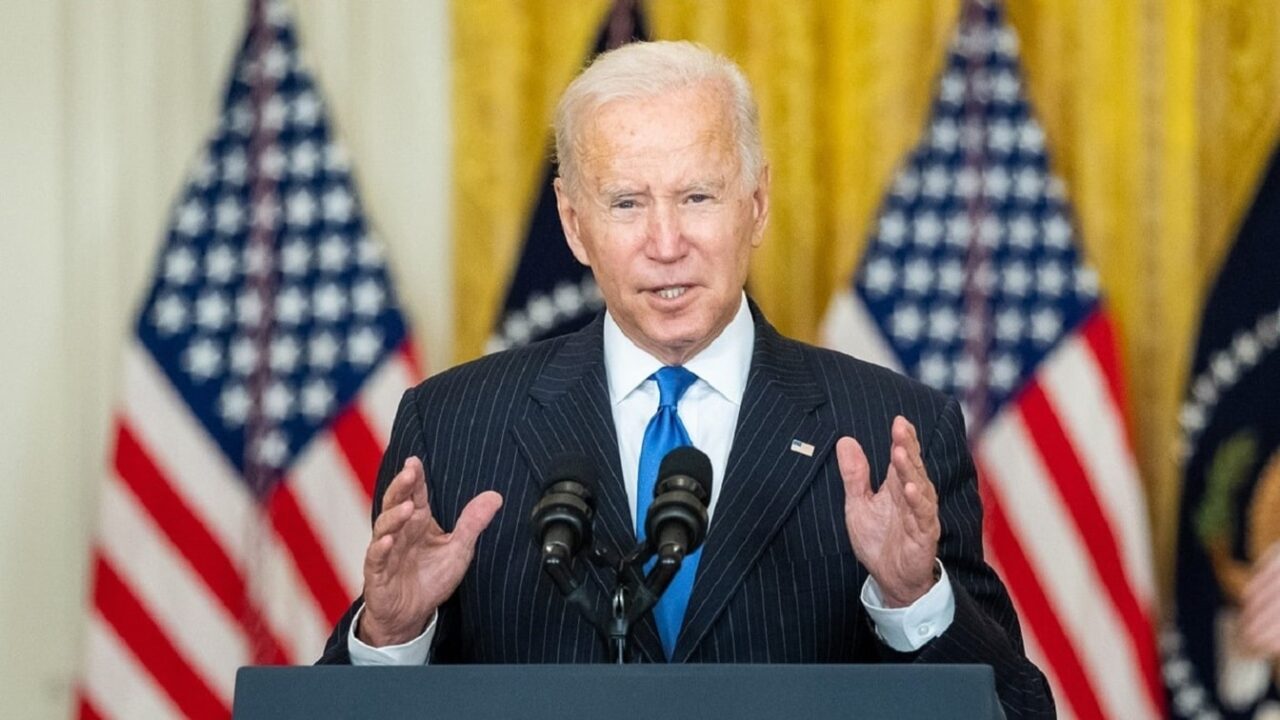The conflicts in Ukraine and Gaza are a major challenge for the Biden Administration, but it is handling them pretty well.
The wars are bad, of course, but critically, they could be far worse. The Biden team has striven hard to limit the vertical and horizontal expansion of these conflicts. Despite the terrible violence, both are limited: neither conflict is spinning out of control; neither looks likely to chain-gang neighbors into the war; and informal limits on force seem to be holding.
The U.S. is powerful but not omnipotent. The U.S. can aid one side or the other in a conflict, but it cannot necessarily prevent conflicts. When former President Donald Trump says the Ukraine war never would have happened were he still president, or when Senator Tim Scott blames Joe Biden for the Hamas attack of October 7, they are claiming a level of U.S. agency and control of events that do not exist. The better question is whether a U.S. foreign policy can manage a foreign crisis’ fallout. Can Washington channel the conflict into less violent, less disruptive outcomes? Biden has almost certainly done that.
The Ukraine War has Remained Contained
A common fear since the start of the Ukraine war is that it would escalate vertically and/or horizontally. That is, the level of violence would rise, probably through the Russian use of nuclear weapons, or the violence would expand to pull in other countries. Despite regular prognostications, this has not happened.
The Biden team has – apparently, we do not know for sure – vigorously signaled to the Russians behind the scenes to not use nuclear weapons. China and India have also strongly signaled this to the Russians, probably at America’s urging. And the war has remained conventional even as Russia has become bogged down in a quagmire. The Biden administration has also noted Russian war crimes and insisted on Russian indemnities for wartime damage. This disincentivizes Russia from even more extreme bombing.
Conversely, while a great number of arms and munitions have been sent, the Biden team has tread carefully in sending arms to Ukraine. This has been criticized as preventing a Ukrainian victory. But it is very obviously calibrated to prevent dramatic Russian escalation. And the Biden administration has signaled that a Russian strike on NATO would lead to war. This has not happened.
The result is that war has remained conventional, geographically limited to eastern and southern Ukraine, and limited solely to Russia and Ukraine. Few thought this possible in February 2022.
The Gaza War Could be Much Worse
Biden’s caution and management skills are even more apparent in Israel. Hamas’ brutal attack has sparked righteous outrage, which could easily lead to Israeli overreaction. Indeed, Hamas almost certainly wants this. Just as the U.S. lashed out after 9/11 and then got lost in counterinsurgencies it could not win, Israel could do the same in Gaza. A full ground invasion of Gaza could easily turn into a quagmire. Unleashing the full might of the Israeli military could easily create a humanitarian catastrophe, which would be a victory for Islamist propaganda.
Team Biden has tried to prevent both of these outcomes. It has supported Israel’s right to defend itself but encouraged caution. After the war, someone must govern Gaza, and killing large numbers of civilians in Gaza will only radicalize that population more, just worsening the problem for Israel in the future. Israel has moved slower than expected.
The Biden administration has also reached out to Arab leaders and partners to push Hamas to release the hostages taken on October 7 and cease using regular citizens in Gaza as human shields.
Trump would be Far Worse
None of these Biden efforts will work very well. Politics is messy; leaders never achieve their goals; the other side always has a vote. But the proper standard to judge Biden is not a utopic counterfactual where these conflicts did not happen – that is beyond U.S. power – but a realistic standard of how much worse it might be if Biden fumbled. The obvious comparison here is with a re-elected Donald Trump.
Trump would have sat on the sidelines and abandoned Ukraine, facilitating a Russian conquest of at least the eastern half of that country. Russian atrocities in conquered Ukraine would have been spread throughout a much larger part of the country. Trump has signaled an interest in withdrawing from NATO, so Europe would be fracturing as Eastern Europe armed to deter a future Russian assault, while Western Europe would be dithering.
In Gaza, Trump would have cheered on the worst instincts of the Israeli right. His voters are deeply anti-Muslim, and he would support Israelis inclined to crush Hamas in a massive ground offensive and even re-occupation. The humanitarian costs would be massive, likely pulling Hezbollah and even Iran into the war.
We can blame Biden for not doing better. In retrospect, we will learn there is much Washington should have done differently. But decisions are made in real time, and the Biden team has done a far better job limiting and containing these conflicts than anyone expected.
Dr. Robert E. Kelly (@Robert_E_Kelly; RoberEdwinKelly.com) is a professor in the Department of Political Science at Pusan National University and 19FortyFive Contributing Editor.

